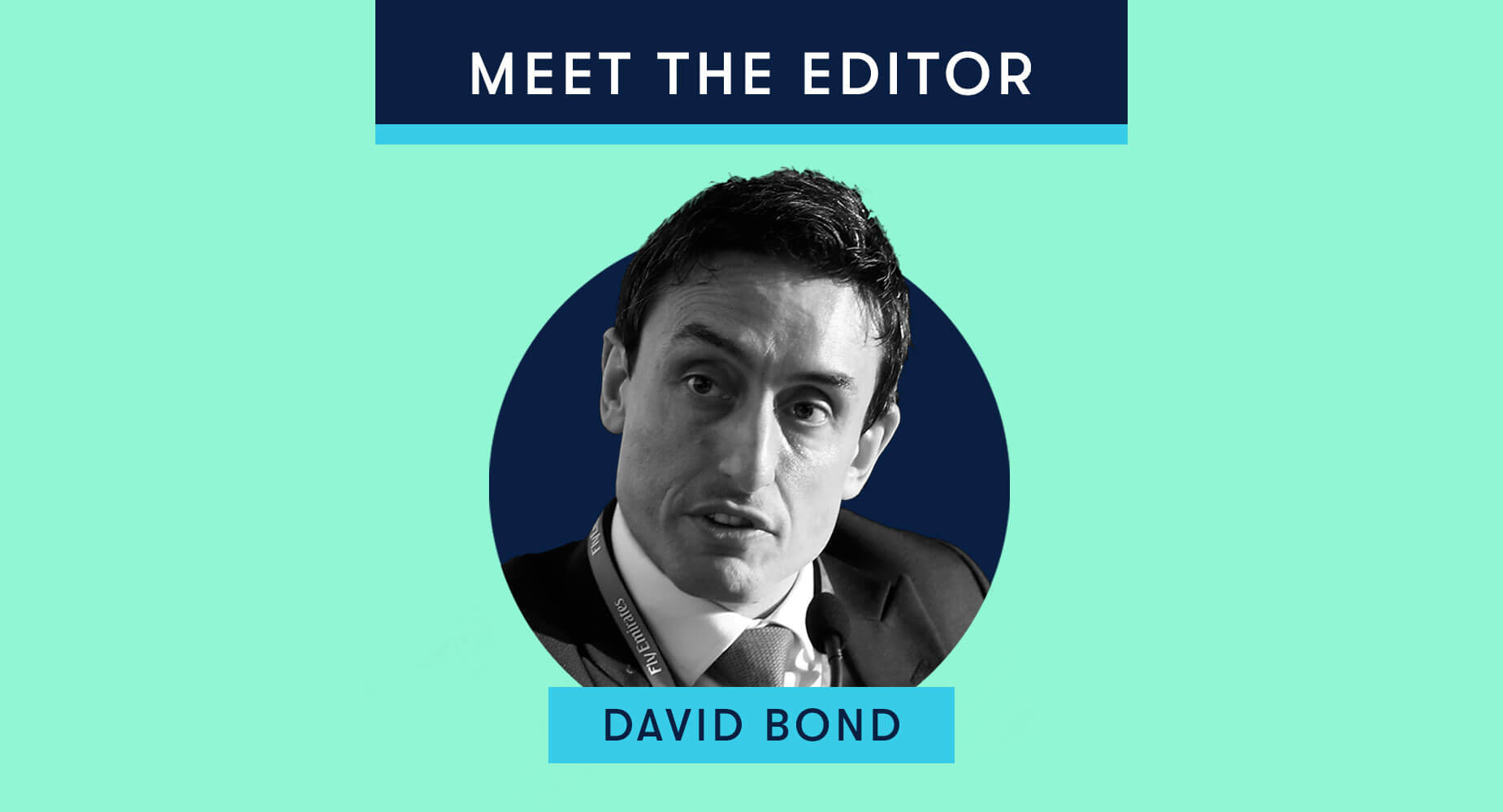The next couple of weeks could define Boris Johnson’s premiership. That might seem like an exaggerated line given how thick and fast dramatic events have emerged since the last election, but with the PM announcing measures to stall a second wave of Covid-19 deaths on Monday and rhetoric ramping up ahead of the crucial EU Council summit later this week, Johnson has a golden opportunity to reverse declining polls and public sentiment.
Who better to join us last week to preview these pivotal moments then than the Financial Times’s Brexit Editor and Deputy UK News Editor, David Bond? Here are five things we learnt.
- Europe – The Final Countdown
While David believes that Covid-19 has upstaged Brexit for a large part of 2020, the spotlight is likely to refocus on European negotiations over the next week or two. Despite talks “pattering away in the background since March”, we are now entering a critical phase with the EU Council Summit due to take place over the 15 – 16 October. The mood music, according to David, is that we will get a deal, however no deal is by no means beyond the realms of possibility.
While the outline of a deal is there, a few key stumbling blocks remain. Namely governance of the future relationship, state aid regulations, and access to fishing waters. The latter issue has become somewhat of a lightning rod for the nationalist cause on both sides of the Channel, with Johnson and Macron both equally reluctant to concede any ground on a topic which generates strong feeling among key UK and French constituencies.
- Battleship Boris blown off course
Remarking on the Prime Minister’s (virtual) Tory conference speech last week, David found it interesting hearing Johnson trying to paint a vision of a brighter tomorrow. This is perhaps evidence of his frustration at having his agenda blown off course by Covid-19. Ultimately, Johnson wants to be liked by people and so his speech last week hinted at a Prime Minister keen to move onto “Boris boosterism” once Brexit is wrapped up and Covid-19 sidelined.
In the meantime, the Tory leader has a problem on his hands. Despite an 80-seat majority, he’s struggling to take the party with him and is facing growing consternation from backbench MPs on a range of issues from the severity of lockdown measures to the Internal Market Bill (a story broken by the FT).
- Rating the Chancellor’s chances
When asked to comment on Johnson’s most likely successor, David said that the Prime Minister would probably last to the next general election because he’s wanted the job for so long. There is a plausible, if optimistic, set of circumstances including an imminent Brexit deal which avoids chaos at the borders and a vaccine at the beginning of 2021, which could result in a much rosier picture for the beleaguered PM by midway through next year. David could see Johnson handing over the reigns to Rishi Sunak before 2024 but thinks it will be very difficult for the Tories to get rid of a leader during a pandemic.
On Sunak, David thinks one of the most interesting things about the Chancellor is the savvy way in which he’s cultivated his brand. By employing Allegra Stratton and a crack social media team, Sunak has effectively positioned himself neatly between business and health interests while not directly attacking his party leader.
- All me, me, media
While the Government has endured an unenviable twelve months of crises and catastrophes, the Financial Times’s fortunes have been more favourable. David shared that the organisation has been receiving record readership numbers on free-to-read articles, with a second surge cresting in line with Covid-19 infections. Revenues have also enjoyed a boost year-on-year; however, the reduction of events has proved challenging.
- File Another Day
David has been lucky to work across a wide-range of beats during his two decades in journalism, including sport, media, defence and Brexit. His favourite? “Being a defence reporter was one of the most fascinating things I’ve ever done. Especially with my surname.”




